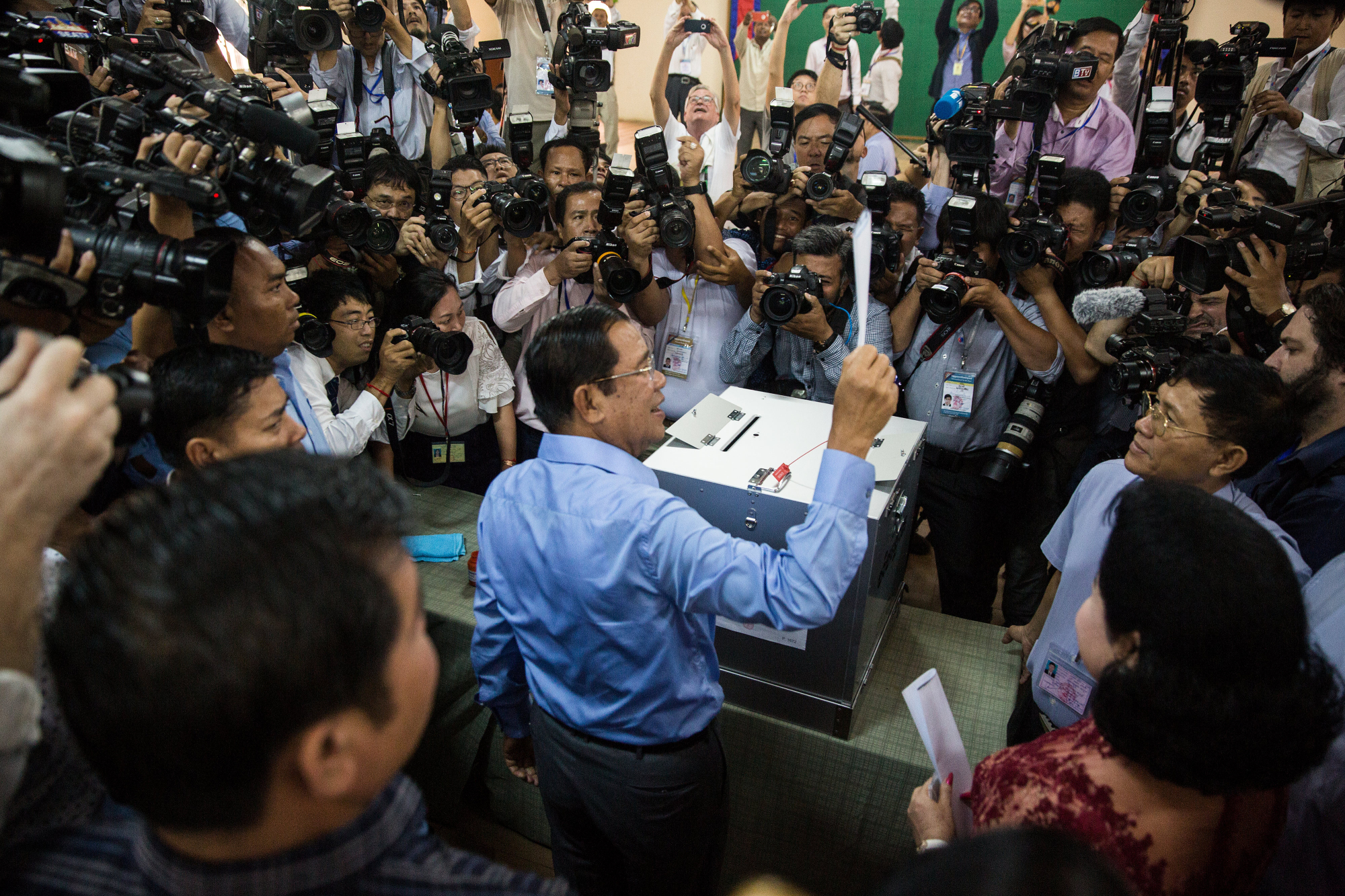On April 4, a group of international buyers' associations from the garment, footwear, sporting and travel goods industries sent a letter to Cambodian Prime Minister Hun Sen to express concerns over abusive labor practices and human rights violations. Already, Cambodia's tax-free access to the vast European Union market, granted under the EU's Everything But Arms scheme, is in danger of being suspended over such violations. If the country is excluded permanently from EBA and other preferential trading arrangements, the associations warned, their sectors — and the Cambodian economy — will take a serious hit.
Hun Sen claims that the international community is unfairly singling out Cambodia. But the truth is that intensifying pressure on the country is consistent with a broader global shift, in which investment is increasingly guided — even dictated — by environmental, social and governance (ESG) factors.
Gone are the days when strong ESG performance was a nice bonus for investors. Pension trustees and fund managers now insist that the companies in which they invest operate in ethical, transparent ways that limit reputational risk. Investment decisions by emerging market funds are thus increasingly preceded by rigorous ESG screenings — screenings that, after 34 years of Hun Sen's dictatorial rule, Cambodia has no chance of passing.

















With your current subscription plan you can comment on stories. However, before writing your first comment, please create a display name in the Profile section of your subscriber account page.